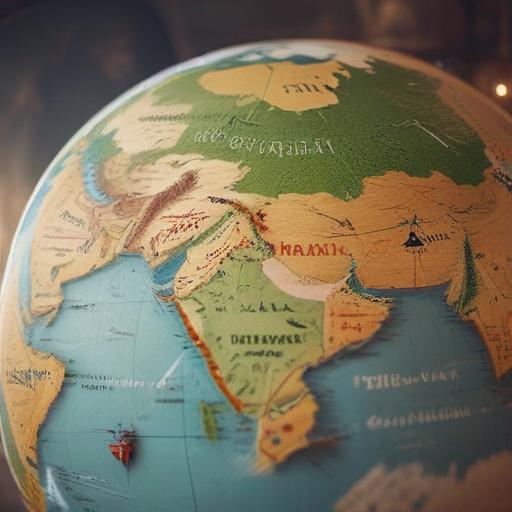In a press conference at the White House, U.S. President Donald Trump addressed India’s ongoing imports of Russian oil amid rising tensions over trade practices. Despite critiquing India for its energy purchases, Trump admitted he was unaware of the U.S.’s own trade dealings with Russia, which include billions in imports such as enriched uranium and fertilizers. This has become a focal point for India as it defends its stance against perceived double standards from Washington.
Trump’s comments came as he underscored the potential for increased tariffs on nations maintaining their trade relationships with Russia. Although he indicated a substantial rise in tariffs could be on the horizon, he refrained from specifying exact figures during the conference.
Since Russia’s invasion of Ukraine, the U.S. has imported over $24 billion worth of Russian commodities, including $1.27 billion in fertilizers and other significant amounts of uranium and palladium in recent years. This situation has drawn sharp criticism from within the U.S., including former U.N. Ambassador Nikki Haley, who highlighted the inconsistency in U.S. policy that seemingly allows China, a major buyer of Russian oil, to evade heavy tariffs while targeting India.
Haley remarked that Trump’s focus on India risks damaging a valuable ally relationship, especially when other countries, including China—an adversary—have been given leniency. Trump justified his targeted approach on India by suggesting that the country’s actions contribute to fueling the ongoing conflict in Ukraine, signaling a potential shift in trade relations that could lead to further economic ramifications for both nations.
As geopolitical dynamics evolve, this ongoing trade disagreement underscores the complexities of international relations and economic interdependence in the wake of global conflicts. The situation remains fluid, and many will be watching closely to see how both nations navigate these challenging waters while balancing their respective geopolitical interests.
